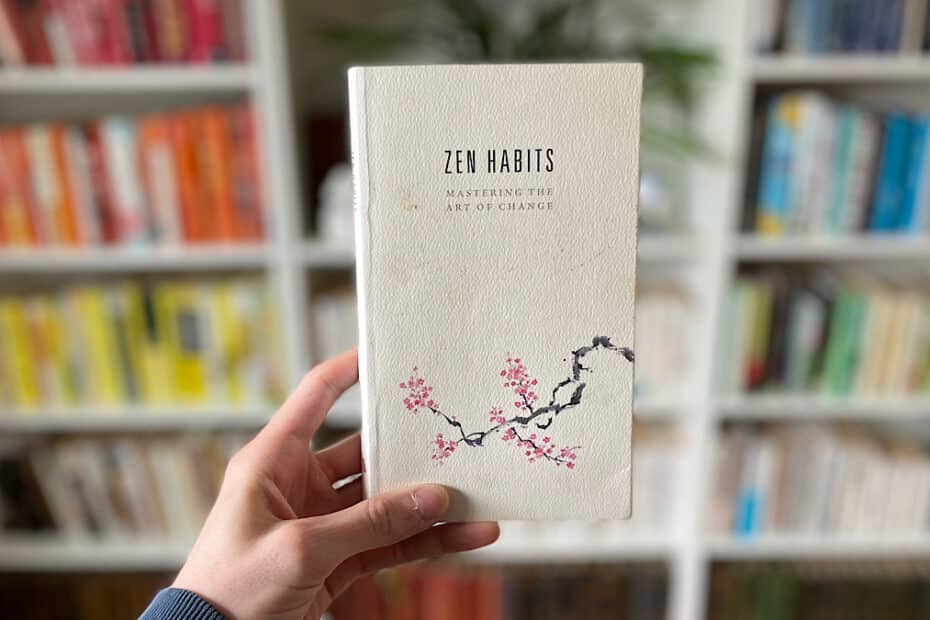Leo Babauta Quote on Expectations and Our Attachment To Ideals
“It’s the nature of dealing with other people that we all get frustrated and angry from time to time. We take offense at the other person’s actions. But the other person’s actions aren’t the problem—it’s our attachment to the ideal we have of how they should behave, which of course is unrealistic, and the real problem is the Childish Mind wanting so badly for that ideal to be true.”
Leo Babauta, Essential Zen Habits (Page 188)
Beyond the Quote (175/365)
It’s one of the beautiful flaws of the human condition. Our ability to envision a life beyond where it is right now. A life that is filled with people, places, and things that excite us. A life that is filled with ideal situations and circumstances and opportunity. A life that would be a dream come true if only things played out how they’re supposed to according to what we see in our minds.
Read More »Leo Babauta Quote on Expectations and Our Attachment To Ideals
![Essential Zen Habits: Mastering the Art of Change, Briefly by Leo Babauta [Book] Essential Zen Habits: Mastering the Art of Change, Briefly by Leo Babauta [Book]](https://www.movemequotes.com/wp-content/uploads/2020/02/IMG_4400.jpg)